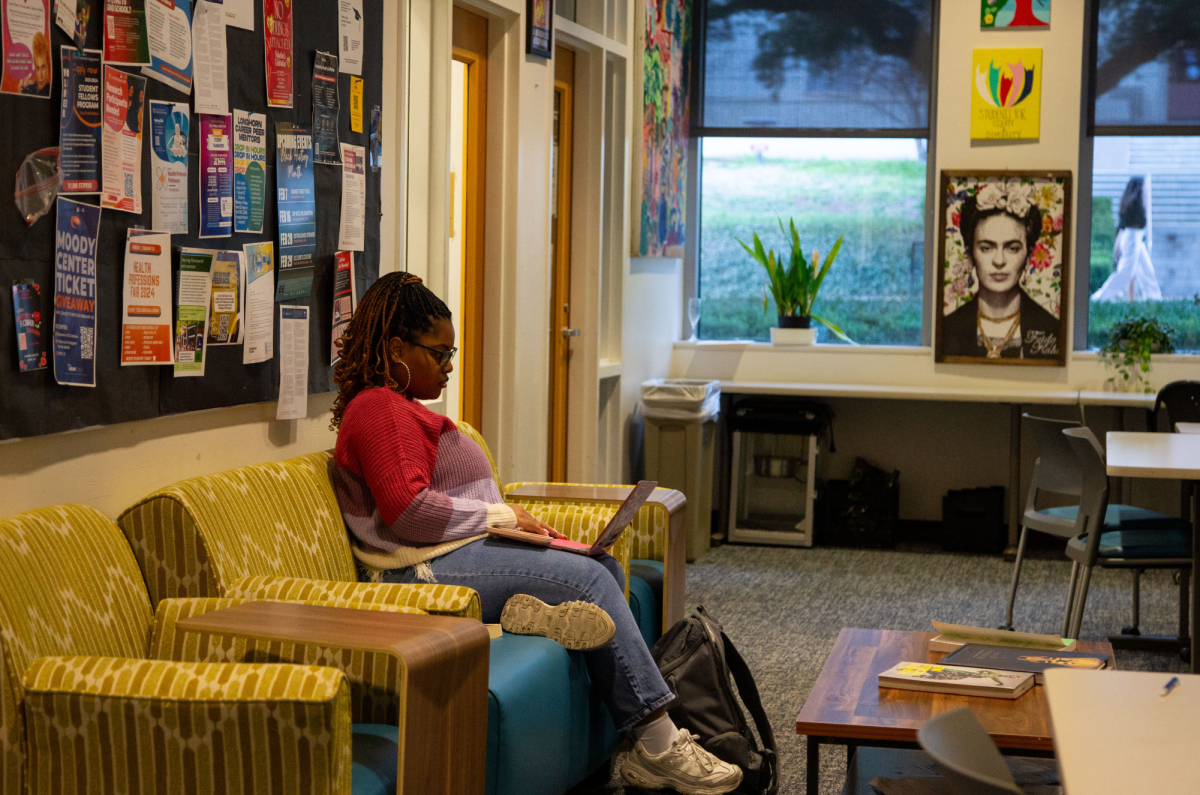The ability to succeed doesn’t necessarily depend on intelligence, but rather the ability to think and apply knowledge in a useful manner, said psychology professor Art Marksman.
Markman’s new book, “Smart Thinking,” to be released in January 2012, offers scientific evidence he’s encountered during his 20-year career studying the human mind and solutions aimed at making people smarter, even though they may technically be of lesser intelligence than their peers.
“Intelligence is usually this thing we try to measure with IQ tests,” Markman said. “The thing about IQ tests is that we know people who test very well but don’t really do anything all that interesting. You also have people who don’t test very well at all but go on to do very productive work.”
The difference between these two categories of people lies in what Markman calls “smart-thinking” or the ability to take a background of knowledge and apply it in everyday tasks.
“We all have the basic tools that are required to be smart,” Markman said. “What makes one person better than another in school or in work is not some aspect of the way your mind works, but in the kind of knowledge you learn.”
Markman has spent the past six years teaching “smart-thinking” techniques that help employees of companies such as Proctor and Gamble become more effective problem-solvers. In the book, he gives many of these problem-solving strategies, including a tip he said can benefit studying students.
Markman said often students study by poring over chapters and notes repetitively before examinations.
“Whenever you’re trying to study for something, whenever you’re ever trying to really understand it, the best way to do that is to teach it to yourself,” Markman said.
He said if they know the material well enough to teach a lesson on the subject, they are probably more prepared than if they studied to regurgitate information.
Mechanical engineering freshman Erissa Hinshaw said she could see where this technique might come
in handy.
“It would definitely help you understand a concept better if you knew it well enough to tell a friend how it works or what happened,” Hinshaw said.
Markman said a diverse university background helps students form problem-solving and analogy skills that will be useful later in life.
“The great thing about a university education is that you get to study many things that you think you might not need but you can apply to different situations later,” he said.
Students will be required to use innovative techniques and “smart-thinking” skills in the workforce, Markman said.
“In the end we are going to ask people to think for a living,” he said. “Once you graduate you are going to be put in a job where you are required to think.”
Hara Marano, editor-at-large of Psychology Today, said she believes “smart-thinking” leads to innovation, which in turn spurs job growth.
“Innovation is the quality that the economy needs most right now,” Marano said. “We can’t just be a country of consumers.”




















